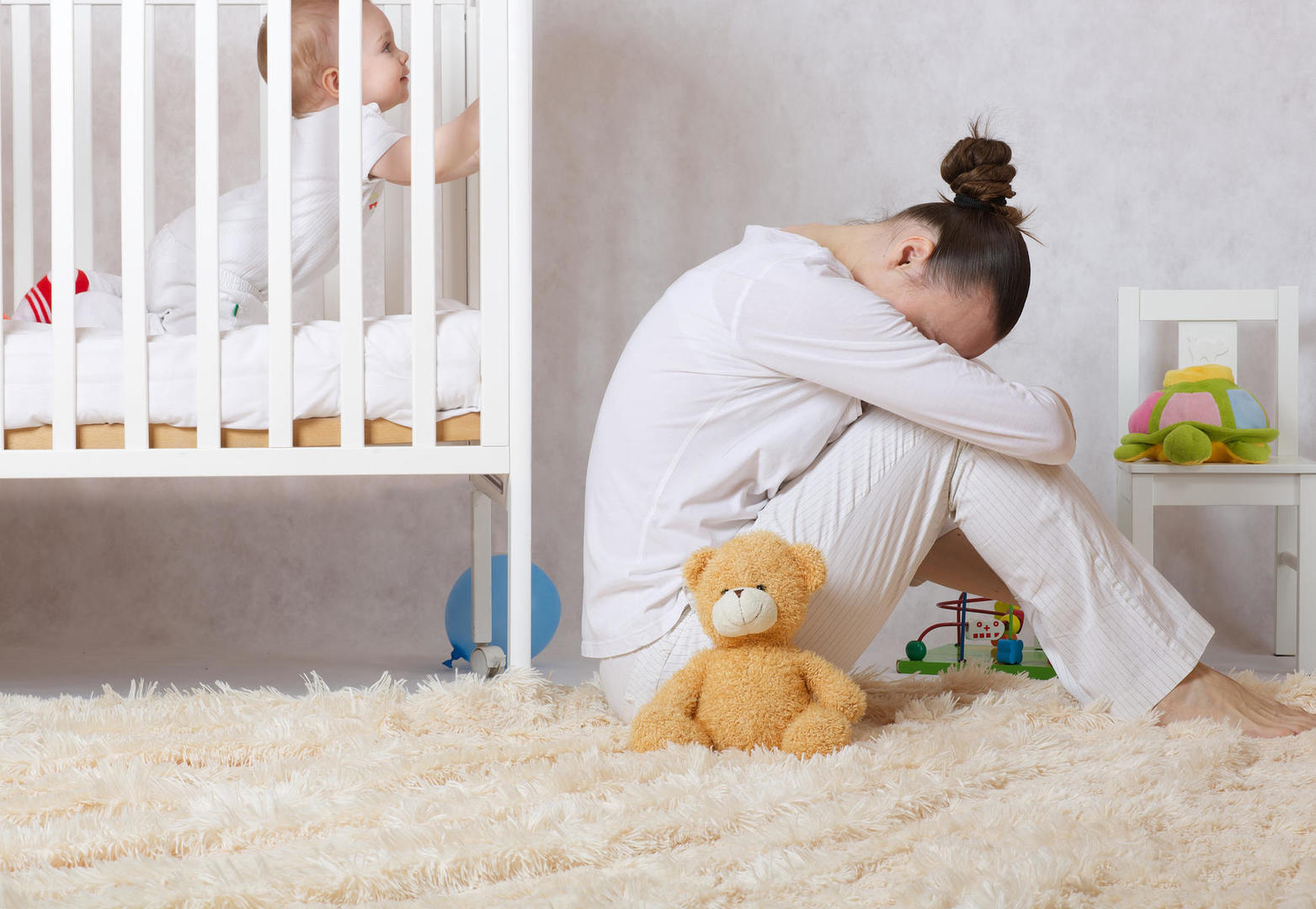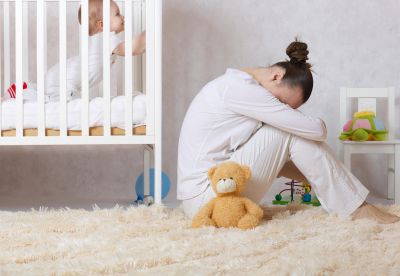Postpartum depression (PPD) is a mental health condition that affects many new mothers. It is estimated that up to 1 in 7 women experience PPD within the first year after giving birth. PPD can be a serious condition that affects a mother's ability to care for herself and her baby, so it's important for new mothers to be aware of the signs and symptoms of PPD and to seek help if needed.
Symptoms of Postpartum Depression
The symptoms of PPD can vary from person to person, but some common signs include:
-
Persistent feelings of sadness, hopelessness, and worthlessness
-
Difficulty bonding with the baby
-
Sleep disturbances, such as insomnia or excessive sleeping
-
Changes in appetite, including loss of appetite or overeating
-
Irritability or anger
-
Lack of interest in activities that were previously enjoyable
-
Thoughts of self-harm or suicide.
If you are experiencing any of these symptoms, it's important to talk to your healthcare provider or a mental health professional as soon as possible.
Mental Health Support for New Mothers
There are many resources available to support new mothers with PPD and other mental health conditions. Some options include:
-
Therapy: Therapy can be a helpful tool for addressing PPD and other mental health concerns. Many therapists specialize in perinatal mental health and can provide individual or group therapy sessions.
-
Medication: In some cases, medication may be recommended to help manage symptoms of PPD. It's important to work with a healthcare provider to find the right medication and dosage for you.
-
Support groups: Many communities offer support groups for new mothers experiencing PPD or other mental health conditions. These groups can provide a safe space to share experiences and connect with other women who are going through similar challenges.
-
Self-care: Taking care of yourself is an important part of managing PPD. This may include getting enough sleep, eating a healthy diet, and engaging in activities that bring you joy and relaxation.
-
Family and friends: Having a strong support system can be essential for managing PPD. Don't be afraid to reach out to family and friends for help with childcare, household tasks, or emotional support.
It's important to remember that PPD is a common and treatable condition. Seeking help and support is a brave and important step towards recovery. If you or someone you know is experiencing symptoms of PPD, don't hesitate to reach out for help.








